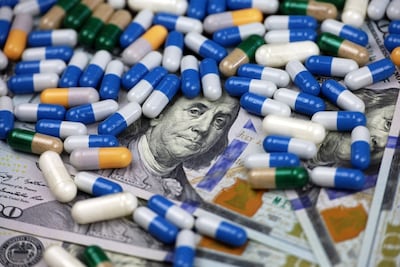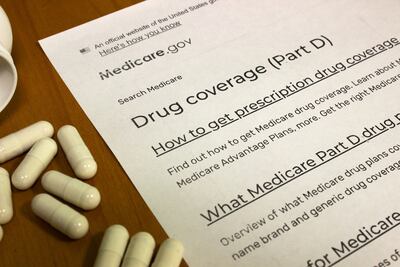Democrats moved to take back control of the drug pricing conversation in the US this week, announcing a two-day House Oversight and Reform Committee hearing that will feature six pharmaceutical CEOs targeted for the high prices of a half dozen drugs. The 22 September hearing announcement follows a string of drug pricing executive orders by President Donald Trump.
The 30 September hearing will feature former Celgene Corporation CEO Mark Alles and Bristol-Myers Squibb Company CEO Giovanni...
Read the full article – start your free trial today!
Join thousands of industry professionals who rely on Pink Sheet for daily insights
- Start your 7-day free trial
- Explore trusted news, analysis, and insights
- Access comprehensive global coverage
- Enjoy instant access – no credit card required
Already a subscriber?






